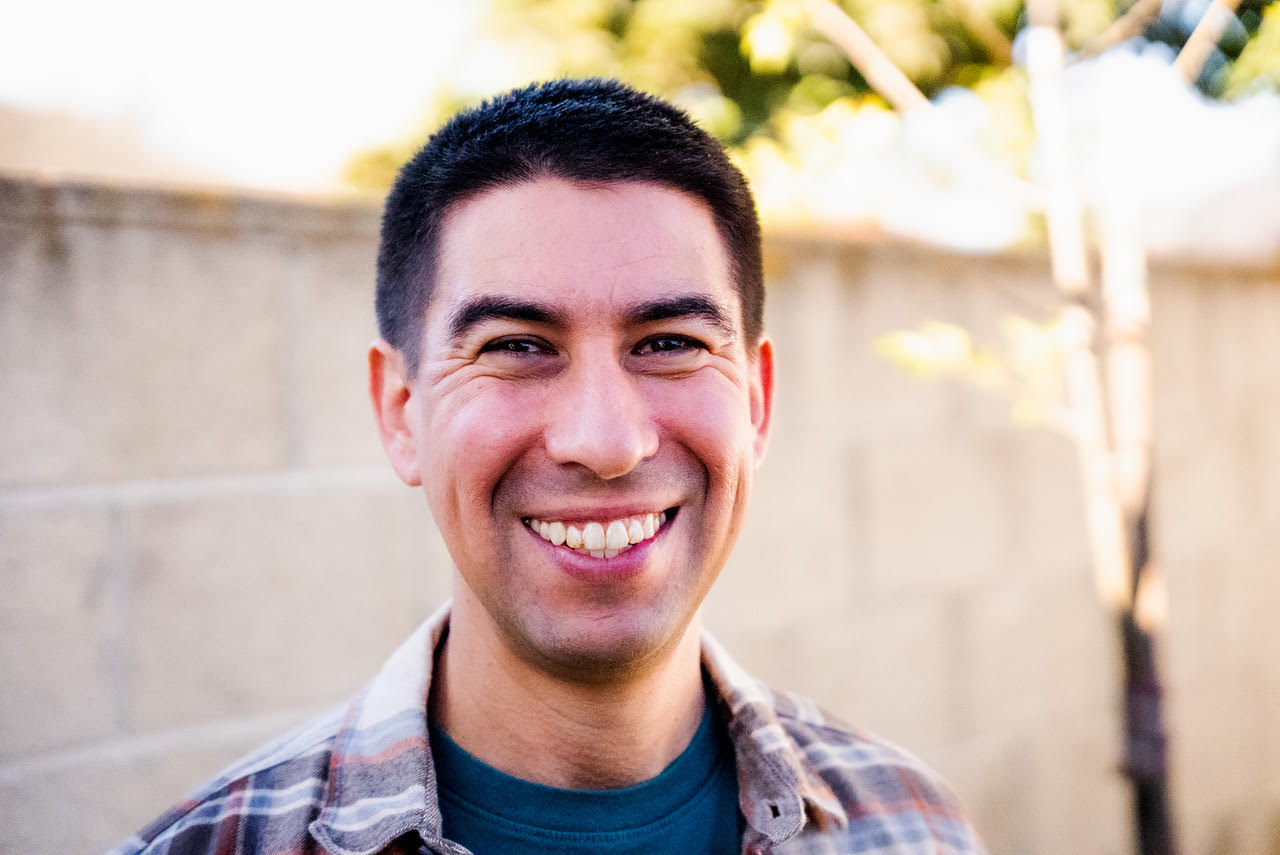Oliver I Fregoso
 |
Associate Professor of MCD Biology B.A. MCD Biology and Studio Art, UC Santa Cruz Ph.D. Biology, Cold Spring Harbor School of Biological Sciences Postdoctorate Division of Human Biology, Fred Hutch Cancer Research Center |
Lab Home Page: http://www.fregosolab.org/
The overall goal of the Fregoso Lab is to better understand the lifecycle of lentiviruses such as HIV-1 and HIV-2. We strive to identify and characterize host proteins that regulate lentiviral replication, and to uncover the molecular constraints governing viral evolution and adaptation. We take a unique interdisciplinary approach to study these interactions by combining molecular virology, cell biology, biochemistry, and evolutionary biology. Through our combined frameworks, we are able to develop systems to uncover important viral-host interactions necessary for lentiviral pathogenesis and transmission. We are particularly interested in how lentiviruses engage host proteins that are canonically involved in the DNA damage response (DDR), as we hypothesize that the DDR plays both pro- and anti-viral roles in the lentiviral lifecycle. Moreover, the DDR represents a tractable target in our fight against HIV and associated diseases.
Our current projects are aimed at mechanistically understanding the early events in the lifecycle of the major human pathogens HIV-1 and HIV-2. We are interested in asking fundamental questions such as:
- What host factors are usurped by lentiviruses, and how and why do the viruses do this?
- What host factors are antiviral, how do they function, and how do viruses get around them?
- How have virus-host interactions dictated the evolution and cross-species transmission of lentiviruses, and how have these interactions shaped our modern antiviral repertoire?
- Can we develop cell culture systems to better model HIV replication as well as HIV-associated diseases including nervous system disorders, premature ageing, and cancer?
As HIV represents a major burden to human health, particularly in underserved populations, we hope that our research will contribute to the global fight against this pandemic virus.
